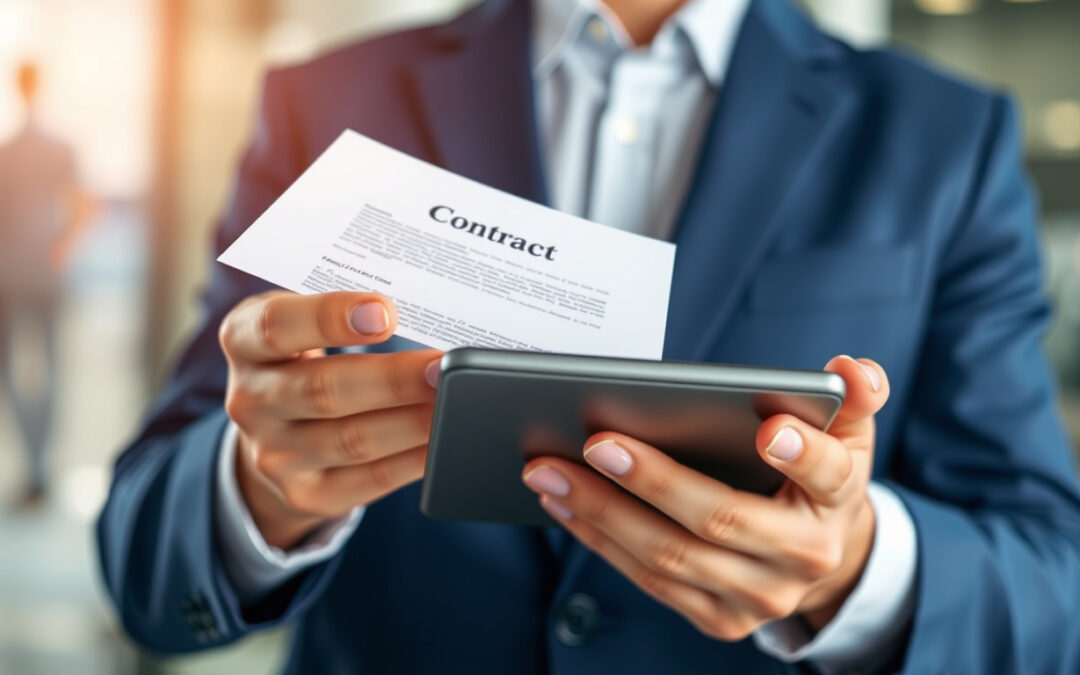In today’s world, businesses sell age-restricted goods like alcohol, tobacco, or lottery tickets. They must follow state laws and local rules. In many places, vendors need a responsible vendor license. This license aims to guide vendors to sell carefully, stop underage sales, and work in a socially sound way.
In this article, we explain what a responsible vendor license is, why it matters, who must have it, and how it helps both businesses and communities.
Understanding the Responsible Vendor License
A responsible vendor license is a permit made by a government body. It tells vendors they must follow clear rules to sell age-restricted products. The license stops illegal sales and keeps the public safe. It trains vendors and helps them notice risky behaviors.
For example, a vendor selling alcohol must show that they know the laws about underage drinking and other dangers.
Key Features of a Responsible Vendor License
• Vendor Training: Vendors and employees take training. They learn how to check age and see signs of intoxication.
• Regular Compliance Checks: Inspections happen at random. These checks keep vendors in line with rules.
• Legal Accountability: Vendors agree to rules. They may get fines or lose their license if they break the law.
• Community Standards: This license supports community rules. It helps protect young people and stops harm from careless sales.
Why a Responsible Vendor License Matters
This license does more than follow the law. It affects social, economic, and ethical parts of business. Everyone, from sellers to consumers, benefits.
1. Protecting Minors and Vulnerable People
The main goal is to protect minors and vulnerable groups from dangerous products. Underage drinking, smoking, or gambling lead to long-term problems. Good vendor training stops illegal sales.
2. Reducing Community Harm and Boosting Public Health
When vendors act right, the community wins. Fewer cases of public intoxication and poisonings happen. Responsible alcohol vendors, for example, may help reduce drunk driving and violence.
3. Building Vendor Reputation and Consumer Trust
When vendors show they care by getting licensed, customers trust them more. This trust boosts reputation. It also sets them apart from competitors who ignore responsible sales.
[h2]4. Meeting State and Local Laws
A responsible vendor license helps vendors obey state and local laws. Following these rules may prevent fines, penalties, or even store closures. Many states require this license for selling specific products.
Who Needs a Responsible Vendor License?
Each region sets its own rules. Vendors needing this license mainly include:
• Alcohol sellers like bars, liquor stores, and restaurants
• Tobacco and vaping product sellers
• Lottery and gambling places
• Cannabis dispensaries in regulated markets
For example, states like Washington and Oregon require all alcohol sellers to join a responsible vendor program. All employees must be trained and licensed.
How to Obtain a Responsible Vendor License
To get the license, follow several steps under state boards or commissions. The steps are simple and clear.
Step-by-Step Process
- Application Submission: Fill out an application. Include business details and information about the location.
- Training: Managers and staff take approved training courses in responsible sales.
- Inspection: The regulatory body visits the store to check safety and sales rules.
- Fee Payment: A license fee is paid. Renewal fees may be needed later.
- Approval and Issuance: When all steps are complete, the license is given. It must then be displayed for proof.
Training often covers:
• How to check a customer’s ID
• How to spot fake identifications
• What legal duties vendors have
• How to stop sales to intoxicated or underage customers

Benefits of Holding a Responsible Vendor License
A vendor license brings clear wins for businesses:
• Legal Protection: It avoids legal trouble from mistakes.
• Better Employee Readiness: Staff learn skills to deal with tough sales.
• Community Support: Acting responsibly wins local respect.
• Improved Sales: Ethical practices build customer loyalty, which can grow sales.
Challenges and Common Misconceptions
Some vendors face challenges. They may worry about training costs, extra paperwork, and ongoing checks. Yet, these costs are small next to fines or bad reputations from unchecked sales.
A common myth is that this license reduces profits. Instead, it builds a lasting, safe business model that serves the community well.
Responsible Vendor License Across Different States
Rules differ between states. Here are some examples:
• Washington State: The Liquor and Cannabis Board certifies vendors. Mandatory seller training is required.
• New York: Under its Alcohol Beverage Control Law, similar responsible vendor rules apply.
• California: A mix of seller training and permits is used, especially for tobacco and alcohol sales.
Vendors must check with their local agencies to know the exact requirements.
FAQ: Responsible Vendor License
Q1: What does the training cover?
A1: Training includes checking the customer’s age, spotting fake IDs, and knowing how to refuse service if needed.
Q2: Can the license be taken away?
A2: Yes. If a vendor sells to minors or ignores signs of intoxication, the license can be suspended or revoked.
Q3: Is it needed for all alcoholic beverage sales?
A3: Rules vary, but many states need responsible vendor licensing or training for stores selling alcohol.
Final Thoughts
A responsible vendor license helps guide businesses selling age-restricted goods. It keeps vendors within the law, promotes public safety, protects young people, and builds trust in the community. Vendors who get and keep this license show a real commitment to responsibility, which benefits everyone.
For more details on state-specific programs, consult agencies like the U.S. Alcohol and Tobacco Tax and Trade Bureau or local regulatory boards. Understanding and following these rules is an investment in your business’s future.


